 Nightside on Callisto and Other Stories
Nightside on Callisto and Other Stories Pacific Storm
Pacific Storm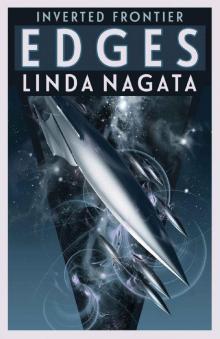 Edges
Edges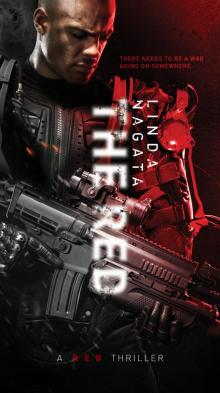 The Red
The Red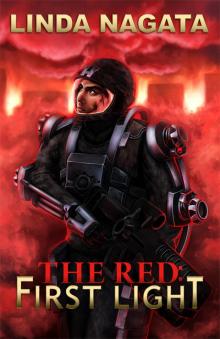 The Red: First Light
The Red: First Light The Martian Obelisk
The Martian Obelisk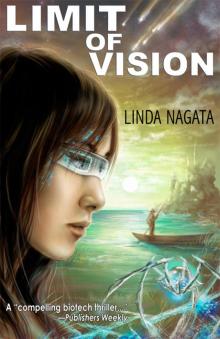 Limit of Vision
Limit of Vision Going Dark
Going Dark The Last Good Man
The Last Good Man The Trials (The Red Trilogy Book 2)
The Trials (The Red Trilogy Book 2)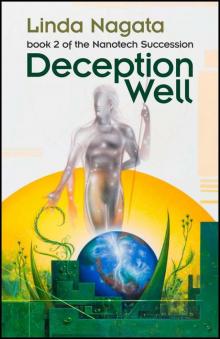 Deception Well (The Nanotech Succession Book 2)
Deception Well (The Nanotech Succession Book 2)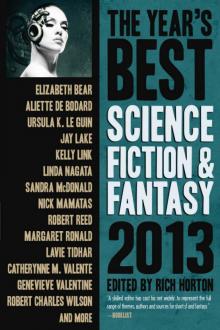 The Year's Best Science Fiction & Fantasy 2013
The Year's Best Science Fiction & Fantasy 2013 The Dread Hammer
The Dread Hammer Skye Object 3270a
Skye Object 3270a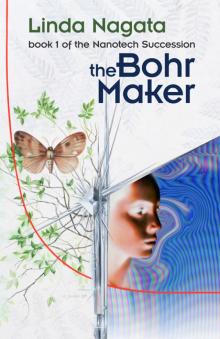 The Bohr Maker
The Bohr Maker